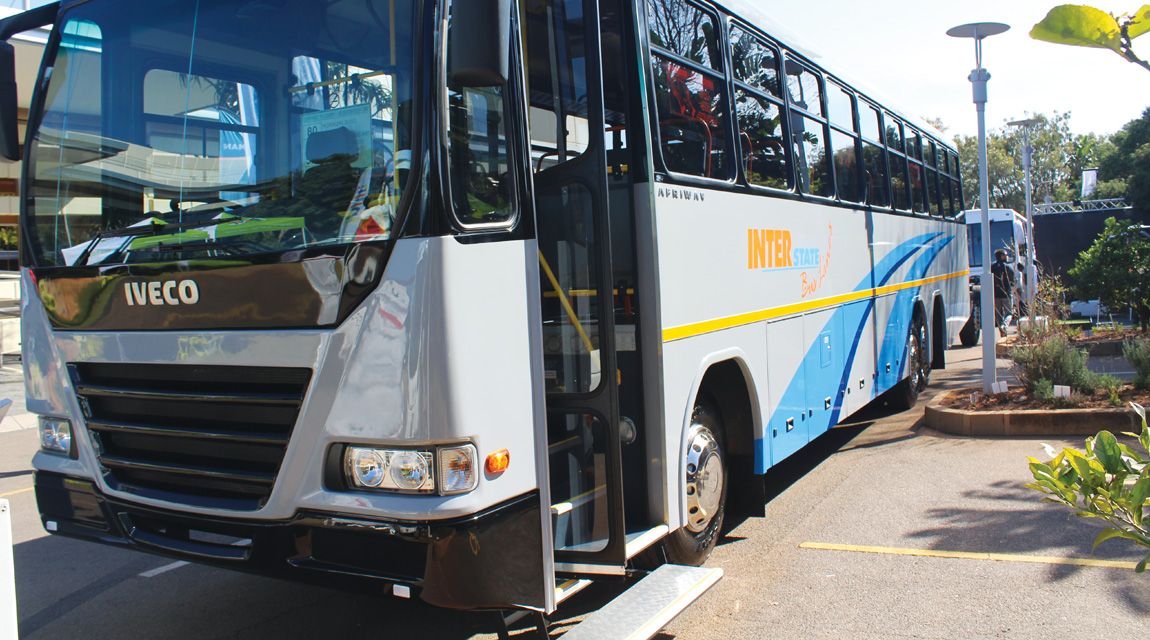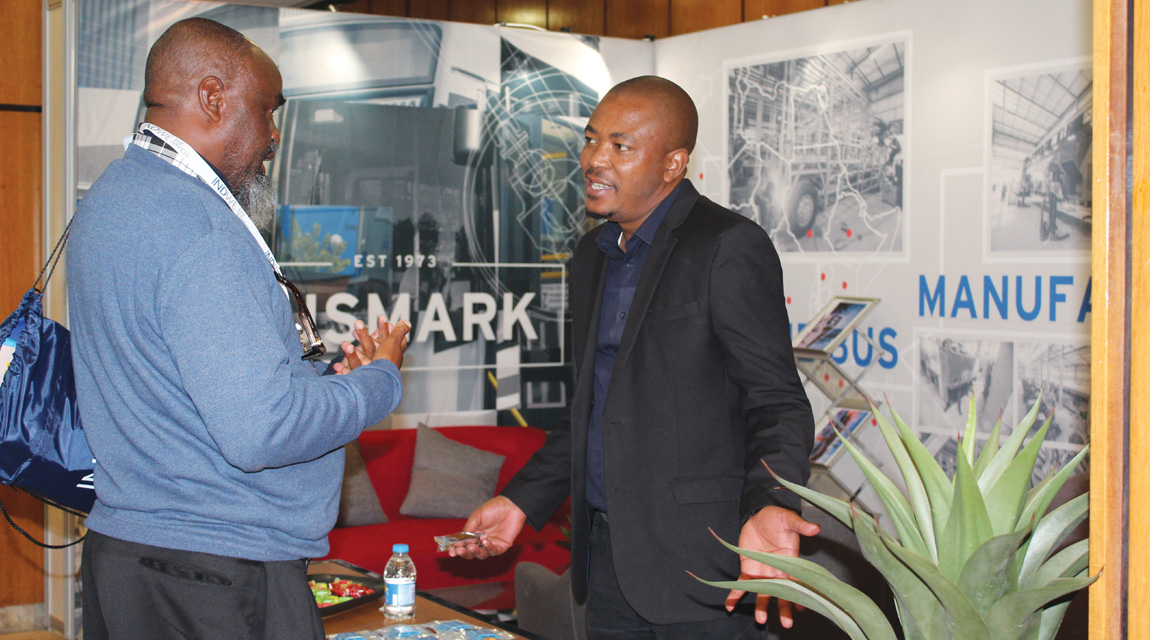Coaches, commerce and policy at Saboa

The annual Southern African Bus Operators Association (Saboa) Conference highlighted some key concerns for the industry in the coming years – from wage negotiations to global tariff wars. FOCUS investigated.
The 2018 Saboa Conference was held on July 18 and 19 at the Council for Scientific and Industrial Research (CSIR) International Conference Centre in Pretoria. Discussions ranged from updates on legislation and expectations for the economic year ahead to business advice for small operators. Jackie Walters, professor and head of the Department of Transport and Supply Chain Management at the University of Johannesburg, presented an industry overview.
Wage negotiations are of particular concern to the industry. Walters said: “The wage negotiations this year really hurt the industry. Across the board, the increase was nine percent. Next year, the increase will be eight percent.” He explained that the increases since 2009 have been between 3,9 and 4,2 percent above inflation.

This along with the other increased input costs need to be absorbed by operators as passengers will not accept major fare increases. “As a result, some bus operators are applying to opt out of this agreement. We can’t carry on like this; it’s just not feasible,” Walters explained.
The industry also anxiously awaits the outcome of the Competition Commission Public Passenger Transport Market Inquiry, which is aimed at establishing the competitiveness of the public transport industry. Walters stated: “This may just assist in pushing the bus transport system forward.
“In South Africa, subsidies are paid through competitive services or negotiated contracts and companies bid for those services. There is, thus, competition for the market and not in the market, which is generally the case throughout the world. We’ve not digressed from the old system. There has been a call for change since 2002.” The inquiry is expected to be concluded in June 2019.

Economist Mike Schüssler spoke to delegates about the economic outlook for South Africa. He believes the current high fuel prices are not likely to escalate further, and that household debt has decreased. “South Africa is at 71 percent debt to personal income, compared to the 88 percent in the past,” he said.
While most salaries in South Africa increased by roughly one percent above inflation, the tax increases resulted in less take-home pay. With these increases, South Africa is now one of the countries with the highest rates of taxation and falls into the top 40 countries with the highest VAT. South Africa also still has one of the highest unemployment rates globally, at 26,6 percent, with some of the most uneducated children.
South African children are ranked second to last in reading, comprehension, science and mathematics with around 32 children per teacher, while the world average is 24 children per teacher. Richer countries have an average of 14 children per teacher.
He also noted that current global tariff wars could negatively affect the economy of South Africa.
“If world trade and the economic growth of emerging markets slows, the demand for commodities will drop, which will impact South Africa significantly as the country is still a 60-percent exporter. This will impact on the number of passengers and the number of people employed in South Africa,” Schüssler said. He concluded that South Africa might end the year in a recession.

Thabo Tsholetsane, COO at the Road Traffic Infringement Agency (RTIA), addressed Saboa delegates about the Administrative Adjudication of Road Traffic Offences (Aarto) Act and its three-tier, demerit point system. The owner of the vehicle, in which the traffic offence was committed, will receive an Infringement Notice.
The driver can either pay the fine within the notice period and receive a 50-percent discount, or oppose the infringement at the RTIA. Operators can thus attribute a fine to a driver if, for example, the driver was speeding. However, the operator will still be held responsible for the condition of the vehicle.
If the driver fails to respond, a Courtesy Letter will be issued. The full fine and additional administrative fees need to be paid. Finally, a driver will receive an Enforcement Order after which the Agency can request a Warrant of Execution and take any removable item from a home or business to the same value as the fine.
For every Enforcement Order, a driver receives a demerit point against their operating or driving licence. When a driver has more than 12 demerit points, their licence will be suspended for three months per subsequent demerit point. For example, a total of 14 demerit points would lead to a suspension of six months.

After three suspensions, the licence can be cancelled. A driver loses one demerit point for every three months on the road with no traffic infringements. Alta Swanepoel, founder of Alta Swanepoel & Associates, warned that some new legislation, such as the retesting of drivers who already have a licence, would affect operators.
Exhibitors at Saboa included original equipment manufacturers (OEMs) and aftermarket service providers, such as Fogmaker South Africa, which supplies fire-suppression systems. It demonstrated its product with a trailer fitted with an engine and the Fogmaker fire-suppression system.
The inside of the trailer was doused in petrol and set alight. Flames of over 100°C engulfed the trailer. The fire-suppression system was initiated and a fine mist was released. Wessel Swanepoel, from Fogmaker South Africa, noted: “We bring the temperature down to well below 60°C, which is the temperature at which a fire can reignite.”
OEMs at Saboa included Scania, MAN, Mercedes-Benz, Volvo and Iveco South Africa that displayed its Daily medium commercial vehicle, which can be modified to be a luxury minibus with optional boot space and wheelchair lift.
Published by
Focus on Transport
focusmagsa



